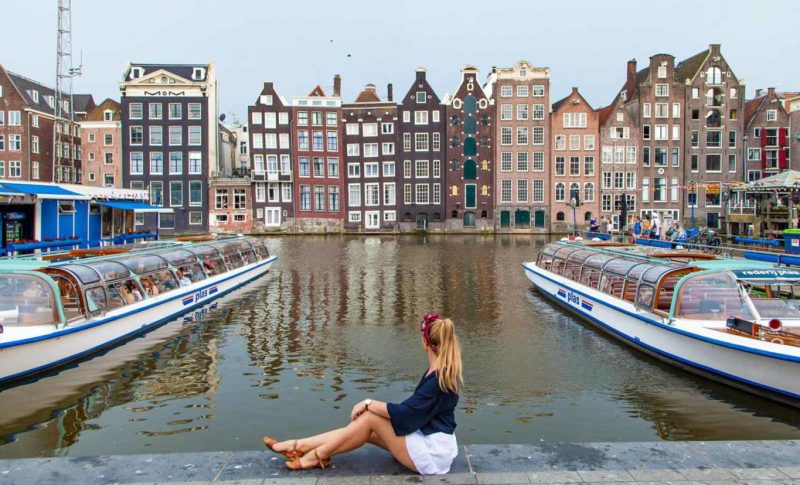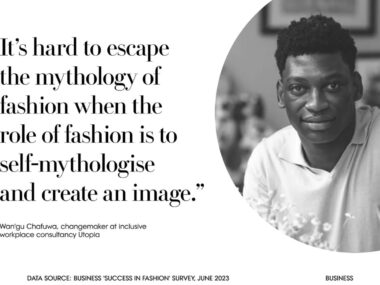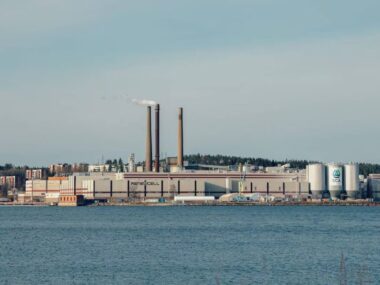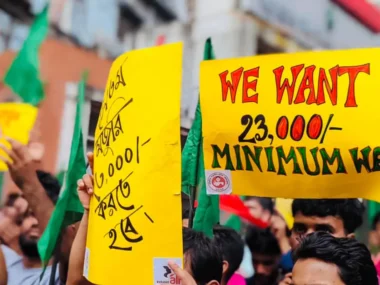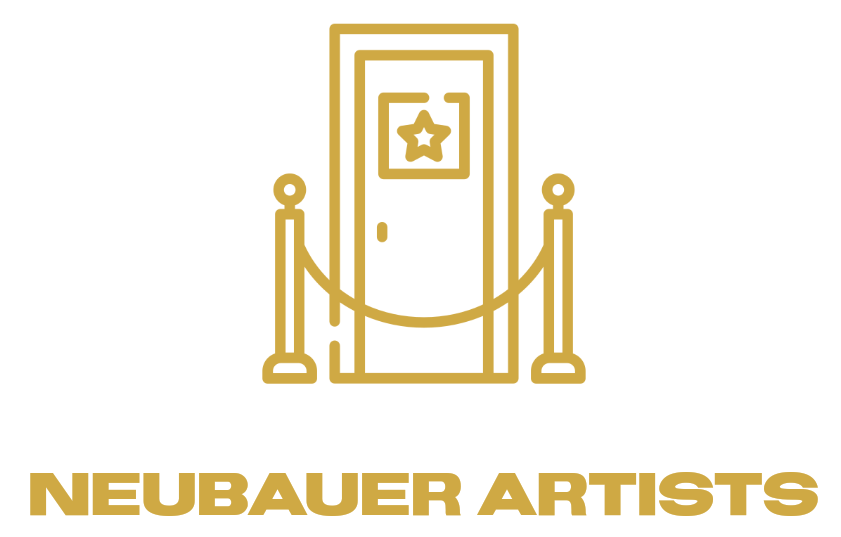The Netherlands is the number one polling country in Europe
For example, if you, as an immigrant, kept your personal archive, your literary drafts, and your financial documents with a Dutch friend, and then after twenty years you needed something from them, you will find that they are carefully preserved and in good condition, as he does not throw away the trust nor abandon it.

Agenda…the best seller in the Netherlands
Before the end of the year, the Dutch buy an “agenda”, and this is an inevitable custom, and I am almost certain that there is no Dutchman who does not have an agenda, in which he writes everything, whether a cherished event or occasion, or a list of supplies that he will buy tomorrow.
The Dutchman does not give you a direct appointment when you call him, even when he knows that he has no appointments in the period in question, repeating the famous Dutch phrase, “I will review my agenda and tell you,” and he keeps you on the line waiting, while he goes to flip through the agenda.
This seems like a stereotypical approach, and sometimes others find it boring (systematique), but this is cultural, social and official life in the Netherlands: accuracy, archiving, order.
Dutch character: extreme precision, punctuality, adherence to the agenda according to the proverb “he who writes, stays.”
Dutch citizen Peter van Dijk told Al-Sharq: “I have never made an appointment in my life without referring to the agenda, and I have never given up buying it, and it is like coffee to me, indispensable.”
He adds: “We do not talk about our country as an identity of slogans and beliefs. Our national identity is a cultural, not political, product. Accordingly, we express its identity culturally, and the agenda, archives and documentation are part of our identity.”
A sergeant on his street
I have not seen a Dutchman who rants about patriotism and is proud of his country, as is the custom of Easterners, but on the other hand, he has unparalleled care, honesty, and protection for his homeland, as it is a watchdog on the street and enforces the laws.
There is something remarkable about the homes of the Dutch. They designate a place or a wall where they keep letters from their friends, especially holiday and occasion cards, as a place that they cherish.
Welcome to the country of paper culture
The first phrase a person coming to the Netherlands hears is: “Welcome to the country of paper culture.” It is not just a sentence said, but rather a way of life and a governmental and popular system for managing the affairs of the country and society through paper: sending letters, printing folders and instructions. Everything here is written and dated. Nothing verbally.
When you talk to someone on the phone about a project, they tell you, “Okay, write it.” When you write, you will definitely review and develop it, so you appear serious about your work.

Society only pays attention to those who write their projects and present them on paper. When an idea is presented, some foreigners have the ability to memorize it, that is, explain its topic orally. This is not acceptable. You must read from paper, even if you are good at presenting topics without a draft.
Thus, we learn about the Dutch character, based on studying data on interest in writing and attachment to paper. It is utmost accuracy, punctuality, and referring to the agenda according to the proverb “He who writes, stays.”
No to the culture of clash
The Dutchman does not disobey the decisions of the state even if he does not agree with them. Accordingly, disturbances and protests are rare and less frequent in the Netherlands, compared to Belgium and France. Yes, the Dutch demonstrate and express their opinions, and then the matter ends and it does not develop into a protest and clash movement, like the “yellow vest” movement in France, for example.

Polls about everything
Paper culture shaped the life of Dutch society. We are from and to paper. The paper mentality teaches thinking, self-development, and economic and social projects.
National and local Dutch newspapers and popular organizations carry out opinion poll campaigns, which are almost weekly, and about everything, on topics that do not occur to anyone, such as food, clothing, weather conditions, and many others.
What is the Dutchman afraid of?
The most famous Dutch national poll was: What are the Dutch afraid of? The answer came, not fear of terrorism, bombings, being run over, or even death, but rather of drowning first.
We can immediately see from the survey that the Netherlands is in danger of drowning, as it is, and it is said that the northern parts of it will disappear under the sea, the “Gronenken” district.
The result of the survey is reminiscent of the national flood disaster of 1954, when the Netherlands was exposed to a flood that killed people, animals and crops, due to the collapse of the “Utrecht” dam.
What is also striking is that terrorism and bombings came in tenth place in the Dutch poll, and this was a shock to the right-wing parties, in terms of their attempt to capitalize on fear of foreigners and immigrants.
If the history of man is the history of searching for food, then the entire history of the Netherlands is to control floods and ward off the fear of drowning, which gave the Netherlands excellent experience in draining swamps and building dams and bridges.
Accordingly, Dutch companies have undertaken projects to build dams and barrages, and they are the best in the world at that. Among their major projects in the Arab region is the Dutch River in Nasiriyah – Iraq. They have color videos and pictures of Nasiriyah, which its people do not have, as well as maps that the city’s municipality lacks.

Pictures and memories with the late Zayed Al Nahyan
The “Zanen Firsttop” company built the Abu Dhabi Corniche in 1966, and has pictures and memories of the late Sheikh Zayed, slides and pictures of social life in Dubai and Abu Dhabi, as well as geographical landmarks, which have now been removed.
The Dutch rehabilitated the port of the Moroccan city of Agadir after the 1960 earthquake. Thus, the Dutch turned the fear of drowning into experience and international fame. Knowing that the Dutch used the drowning, which they feared, as a means to expel Spanish colonialism from their country, and when they flooded the country, the Spaniards withdrew due to the flood.
A beautiful poem is one beautiful line
A cultural survey conducted by the Dutch, which indicates their taste in poetry, is the following question: How do we consider a collection of poetry beautiful? Also the poem?
The result of the survey was funny: “A collection of poetry is considered beautiful even if it includes one beautiful poem. As for a beautiful poem, it has one beautiful line.”
There is a common opinion that the Netherlands is not a country of poetry, but of art. By the way, modernist poets, such as Lucy Berthe, Paul van Oosten and others, at one time joined the famous Dutch “Cobra” group, as poet-painters, and were attracted to the reputation and centrality of the movement in society, meaning that painting dominated Dutch poetry, compared to France and Germany. .
A past that should not be disavowed
The Dutch are not ashamed of their colonial past, and Prime Minister Rutte even apologized for what the Netherlands contributed to the “slave trade.” There is a survey of the “Red Street” built by sailors in the central area of Amsterdam “De Waal”, meaning “the cliff” in the sixteenth century.
Opinions differed between those who considered it a disgrace to the city of Amsterdam and should be removed, and those who described it as history that bears witness to a past era, demanding that it be preserved, saying: Why don’t we keep something that was shameful in our history? It reminds us how unjust and humiliating history was to us, so that we do not become arrogant and pay lip service to patriotism.”
Passion for research and conservation
In addition to opinion polls, the Dutch periodically research the condition of bridges, rivers, streets, and lighting. They are among the European peoples who love and are most attached to research, investigation, and regular maintenance.
In this context, the municipality of Amsterdam conducted research on the city center, which concluded that it would be eclipsed by tourist tours. Accordingly, the municipality commissioned associations to poll citizens to find out their opinions about approval or not, with regard to renting rooms and houses, and the result was interesting with the majority’s reluctance to attract tourism, which forced the Amsterdam municipality to commit to that.
The migrant, the agenda, and documentation
In general, the immigrant is fed up with the way of communicating with letters, and he does not keep archives. This may be due to the limited space of his home, or as a result of the feeling of movement and migration, or perhaps he does not prefer the paper culture in general, while there are those who document and write in the agenda even their household purchases, like the Dutch. But this did not amount to being considered a culture or commitment.
The question remains: What will the mood and emotional feeling of the Dutch citizen be towards paper culture in the age of digitalization? It’s as if I’m saying goodbye to paper chivalry.

